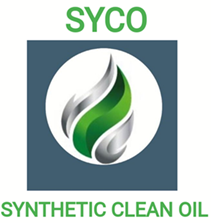Indeed, plastic has unique properties that make it a widely used material in many sectors of industry. Its versatility, durability and low cost make it a preferred choice for many applications. However, these same characteristics that make it so popular also pose a huge challenge for the environment.
The main problem is related to the management of plastic waste. Plastic is virtually worthless once used, making collection and recycling less economically attractive compared to other materials, such as metals. In addition, the different forms of plastic and their mixing after use make recycling complex and expensive.
challenge
This leads to a low global recycling rate, which is around 10%, which means that the majority of plastic waste often ends up in landfills or in the environment, causing pollution problems.
Another major challenge is that plastic does not break down naturally. Unlike organic materials like food scraps that decompose over time, plastic stays intact for very long periods of time. It can take hundreds of years for a piece of plastic to fully degrade, contributing to the accumulation of plastic waste in the oceans and natural ecosystems, causing significant damage to marine life and biodiversity.
It is true that these challenges pose a serious and complex problem for finding lasting solutions. However, considerable efforts are being made globally to address the problem of plastic waste. Many initiatives aim to promote the recycling and reuse of plastic, as well as the development of new technologies to make plastic recycling more efficient.

